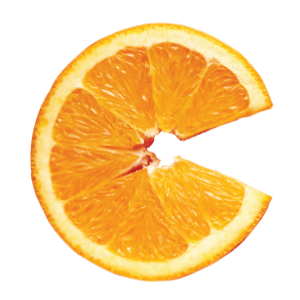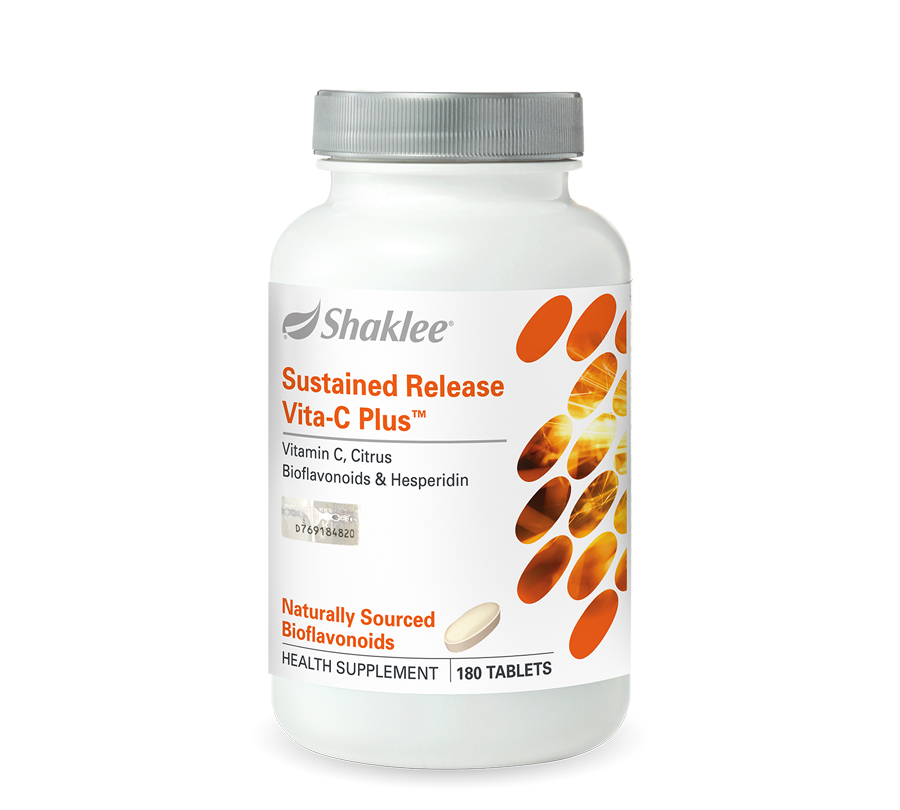Protect Yourself
Protect Yourself
Vitamin C is essential for the overall growth and repair of our cells. Besides being well known for its role in supporting a healthy immune system, it is also a powerful antioxidant that helps fight free radicals, promotes healthy ageing and supports healing.
As vitamin C can’t be produced by the body, it must be obtained from sources such as citrus fruits, vegetables and vitamin C supplements. Optimise your vitamin C levels and enjoy these amazing health benefits!

Healthy Immune and Nervous System
One of the more important functions of vitamin C is to support our immune and nervous system. Those with adequate levels of vitamin C are able to fight off infections compared to those with vitamin C deficiency.1

Support Iron Absorption
Vitamin C increases iron absorption, the mineral essential for normal formation of red blood cells andhaemoglobin.5

Radiant and Flawless Skin
Vitamin C is required to produce collagen, a protein that plays a critical role in the structure of our bodies. Collagen helps minimise wrinkles, age spots and pigmentation from sun exposure. It also helps to provide better skin tone and colour.2,3

Boost Healing
Vitamin C is needed for our body to heal wounds, repair and maintain healthy cartilage, bones, teeth and skin. Research shows that deficiency in vitamin C is associated with poor collagen formation and delayed wound healing. People who has severe vitamin C deficiency may lose teeth, bleed easily, and lose the strength of their bones.4

DID YOU KNOW?
Vitamin C is a water-soluble vitamin which is quickly excreted from the body. So, it is best to choose a formulation of vitamin C that will release vitamin C gradually to ensure the body has the protection it needs throughout the day.
References:
1. Angela Sorice et al. Ascorbic Acid: Its Role in Immune System and Chronic Inflammation Diseases. Mini-Reviews in Medicinal Chemistry, 2014, Vol. 14, No. 5.
2. Block, G.: Vitamin C, cancer and aging. AGE. April 1993, Volume 16, Issue 2, pp 55-58.
3. MURAD et al. Regulation of collagen synthesis by ascorbic acid. Proc. Natl. Acad. Sci. USA 78 (1981)
4. Mahan LK, Arlin M. Krouse’s Food Nutrition and Diet Therapy. 8th ed. Philadelphia: WB Saunders Co, 1992.
5. James D. Cook. Vitamin C, the common cold, an iron absorption. The American Journal of Clinical Nutrition: FEBRUARY 1977, pp. 235-241.







